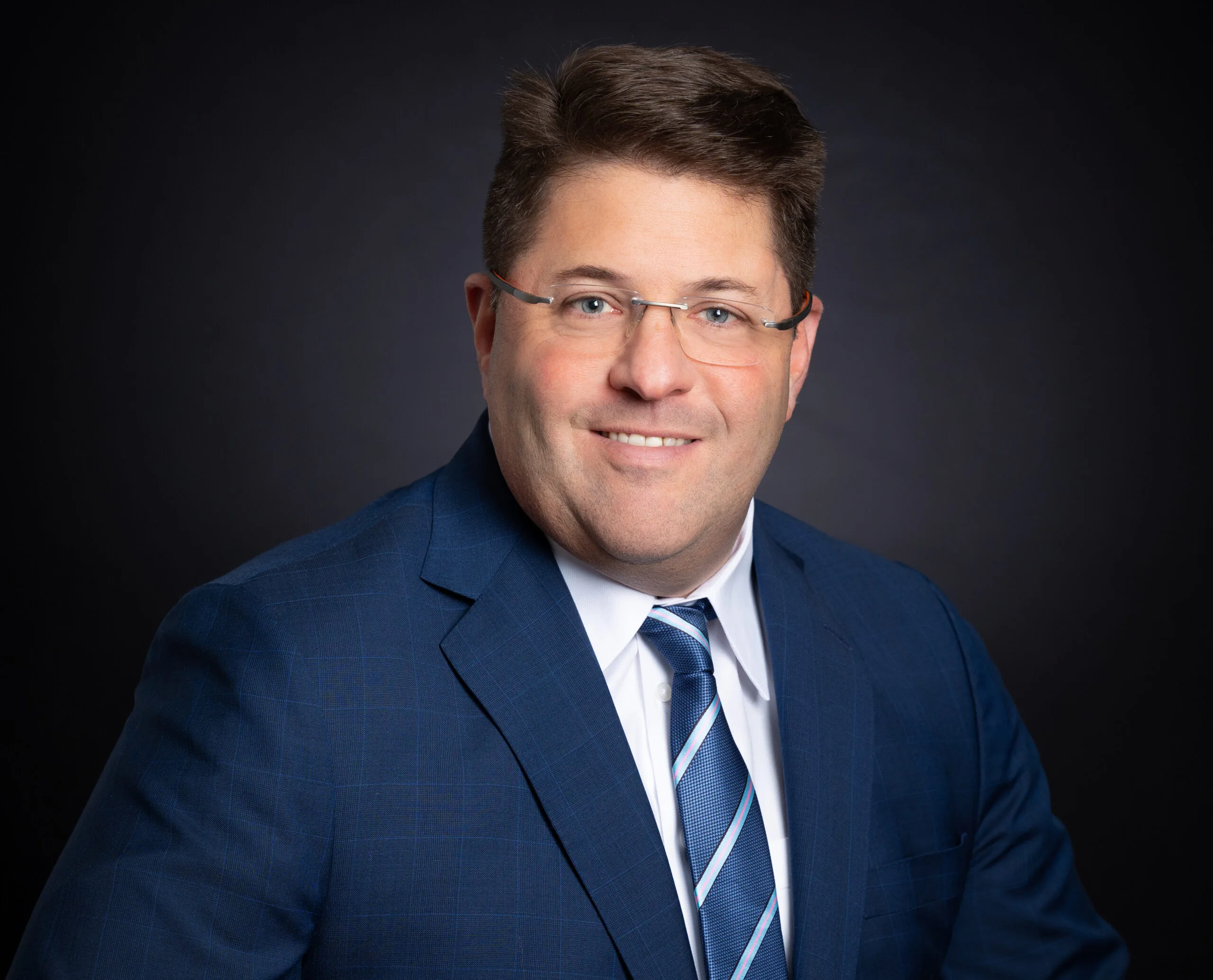
When a loved one passes away, navigating the administrative tasks that follow can feel overwhelming. You are grieving while also facing a series of legal and financial responsibilities. If your family member left behind a will, you may be staring at the document, unsure of the first step or how quickly you must act.
Many people in this situation find themselves wondering, How long do you have to file probate after death? The answer can affect important deadlines and decisions. At the Law Office of Andrew M. Lamkin, P.C., we can help you understand the probate process and its timelines so that you can honor your loved one’s wishes and protect the rights of heirs.
What Does It Mean to Probate a Will?
Before diving into timelines, it is vital to understand the process itself. Probate is the formal legal process that gives the Surrogate’s Court authority to validate a deceased person’s last will and testament. The court confirms that the will is authentic, officially appoints the executor named in the will, and oversees the estate’s administration.
The core functions of probate include:
- Proving the validity of the will in court;
- Gathering and inventorying the decedent’s assets;
- Appraising the property of the estate;
- Paying the decedent’s final debts and taxes; and
- Distributing any remaining assets to the beneficiaries according to the will.
This court-supervised procedure ensures the correct settlement of the estate and that all interested parties, including creditors and beneficiaries, have their rights protected.
When Is Probate Required in New York?
So, when is probate required? Probate is not necessary for every asset a person owns. In New York, the requirement for probate hinges on how an asset is titled. The process is generally only required for assets owned solely by the decedent and that do not have a designated beneficiary.
Many types of assets can be passed directly to a new owner without going through the probate process. These non-probate assets include:
- Jointly owned property. Real estate or bank accounts owned with another person as “joint tenants with rights of survivorship” automatically pass to the surviving owner.
- Assets with named beneficiaries. Life insurance policies, retirement accounts like 401(k)s and IRAs, and certain bank accounts with payable-on-death (POD) or transfer-on-death (TOD) designations are paid directly to the beneficiaries listed.
- Assets held in a trust. Property and assets placed in a living trust during the decedent’s lifetime are managed and distributed by the successor trustee according to the trust’s terms, bypassing probate.
If the decedent’s estate consists only of these non-probate assets, a formal probate proceeding may not be necessary. However, if assets are in the decedent’s name alone, such as a solo bank account or a home without a surviving joint owner, probate will be required to transfer them.
How Long Do You Have to File Probate After Death in New York?
This brings us to the central question: How long do you have to file probate after death? Surprisingly, New York State law does not set a specific, hard deadline or statute of limitations for filing a will for probate. This differs from many other states that impose strict time limits, such as one to three years from the date of death.
However, the absence of a deadline does not mean you can delay indefinitely. New York courts operate under a legal principle that requires a will to be filed for probate without unreasonable delay. Delaying the process can lead to significant complications and even the court’s refusal to admit the will to probate under the doctrine of “laches.” Under this doctrine, a party can be prevented from bringing a claim if they have postponed for an unreasonable amount of time, and that delay has caused harm or prejudice to another.
If an executor or beneficiary waits too long, other heirs could argue that the delay has negatively impacted their rights, such as allowing assets to lose value or making it impossible to locate key witnesses. This is why knowing how long you have to file probate is less about a specific date and more about avoiding unreasonable delay.
The Consequences of Unreasonable Delay
Working with a skilled probate lawyer in New York early in the process can prevent delays, reduce disputes among heirs, and ensure the estate is settled properly. Waiting too long to begin probate can create a cascade of legal and financial problems. Under the Surrogate’s Court Procedure Act (SCPA), an interested party can petition the court to compel the production of a will. This means anyone holding the will can be legally required to present it.
Delaying probate can cause several specific issues, including:
- Lost or diminished assets. Without a court-appointed executor, bank accounts may be frozen, property deteriorate, and investments lose value if not properly managed.
- Difficulty proving the will. The witnesses who signed the will may be challenging to locate, have moved away, or have passed away themselves, complicating the process of validating the will in court.
- Mounting debts and liabilities. The estate’s bills do not stop. Taxes, mortgages, and other debts continue to accrue, potentially depleting the assets available for beneficiaries.
- Legal challenges from heirs. A long delay can create suspicion among beneficiaries and may provide grounds for them to challenge the will or the executor’s fitness to serve.
Ultimately, an unreasonable delay could lead a judge to conclude that you have waived your right to act as executor or that the court should not admit the will to probate.
Why Choose the Law Office of Andrew M. Lamkin, P.C.?
For over two decades, attorney Andrew M. Lamkin has focused his practice on estate planning, elder law, and probate administration. Andrew’s dedication is reflected in his recognition as a Super Lawyer in the New York Metro area every year since 2015 and his active membership in the Elder Law and Trusts and Estates Law sections of the New York State Bar Association. We bring this focused experience to every family we serve, helping them navigate complex legal processes with confidence and ease.
Call for Help Today
If you have been named the executor of a will or are a beneficiary of an estate in New York, do not wait to seek legal guidance. Contact the Law Office of Andrew M. Lamkin, P.C. today. We can review your situation, explain your responsibilities, and help you navigate the probate process efficiently and accurately.


